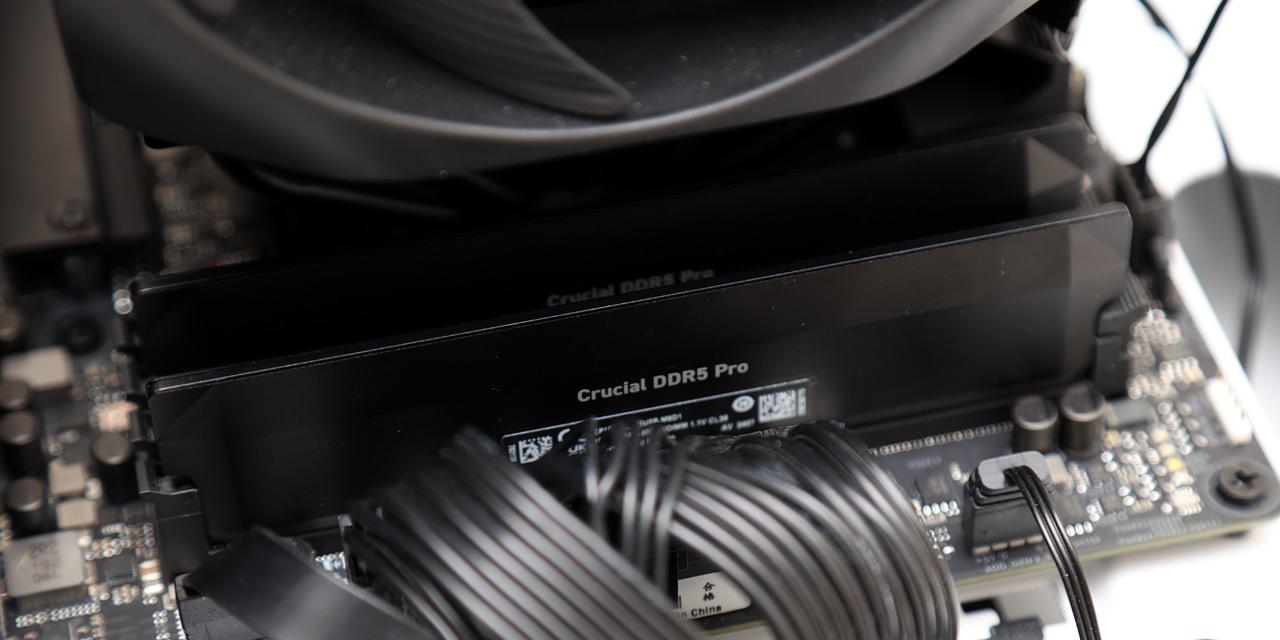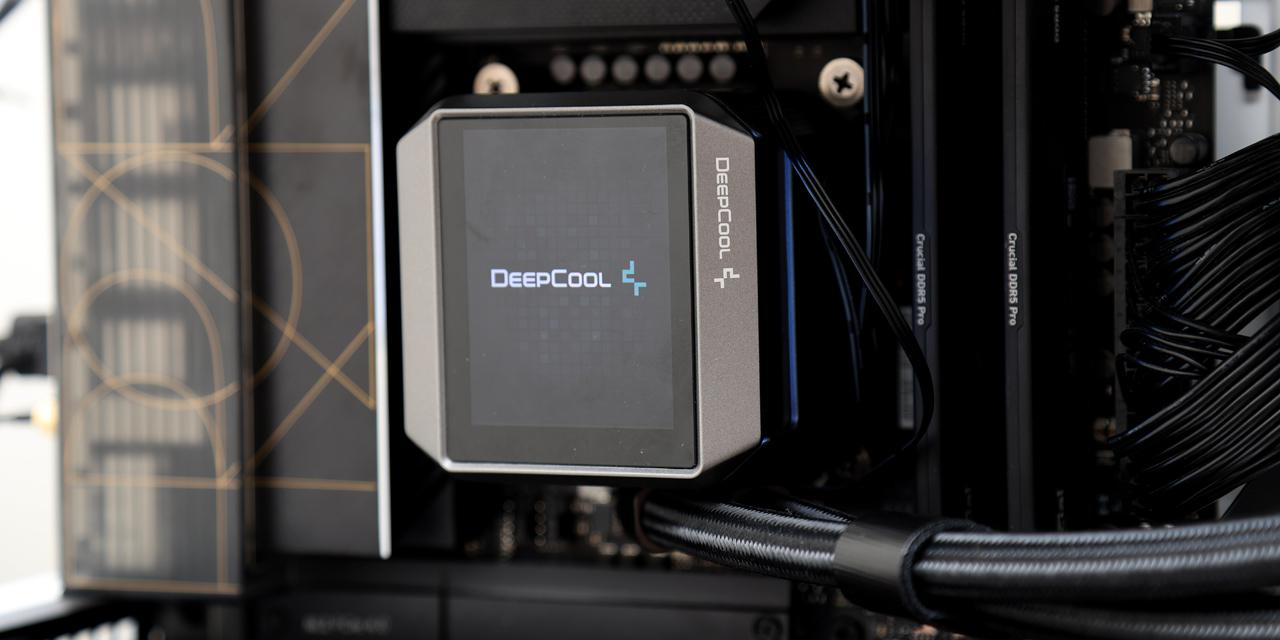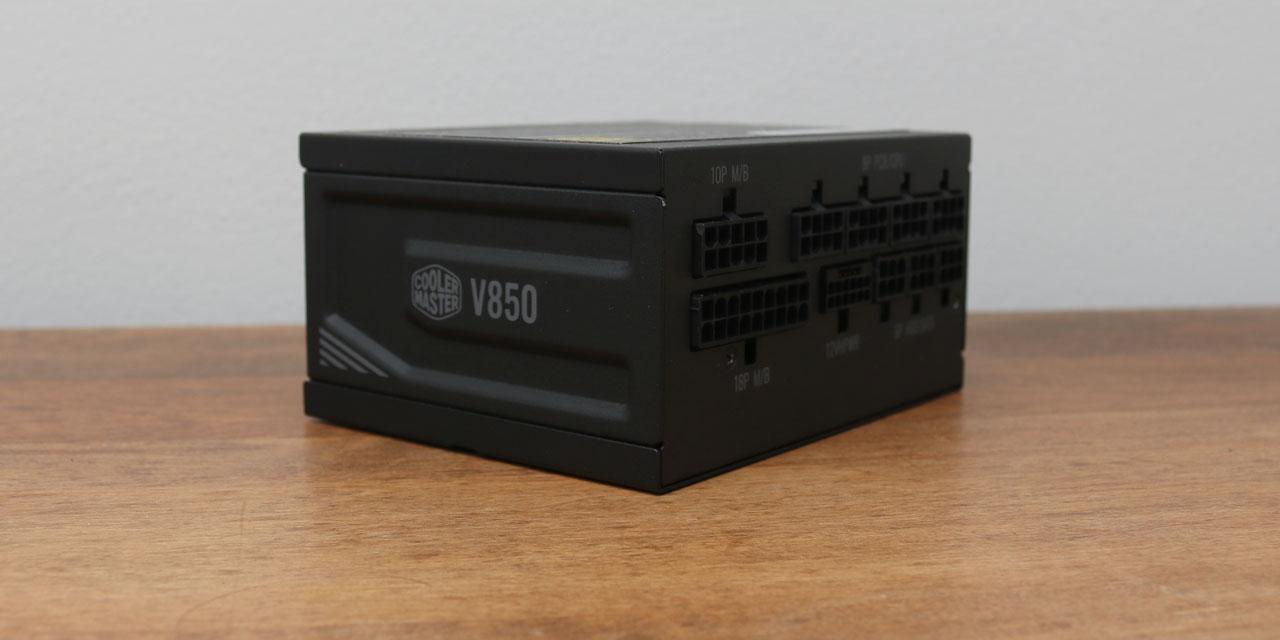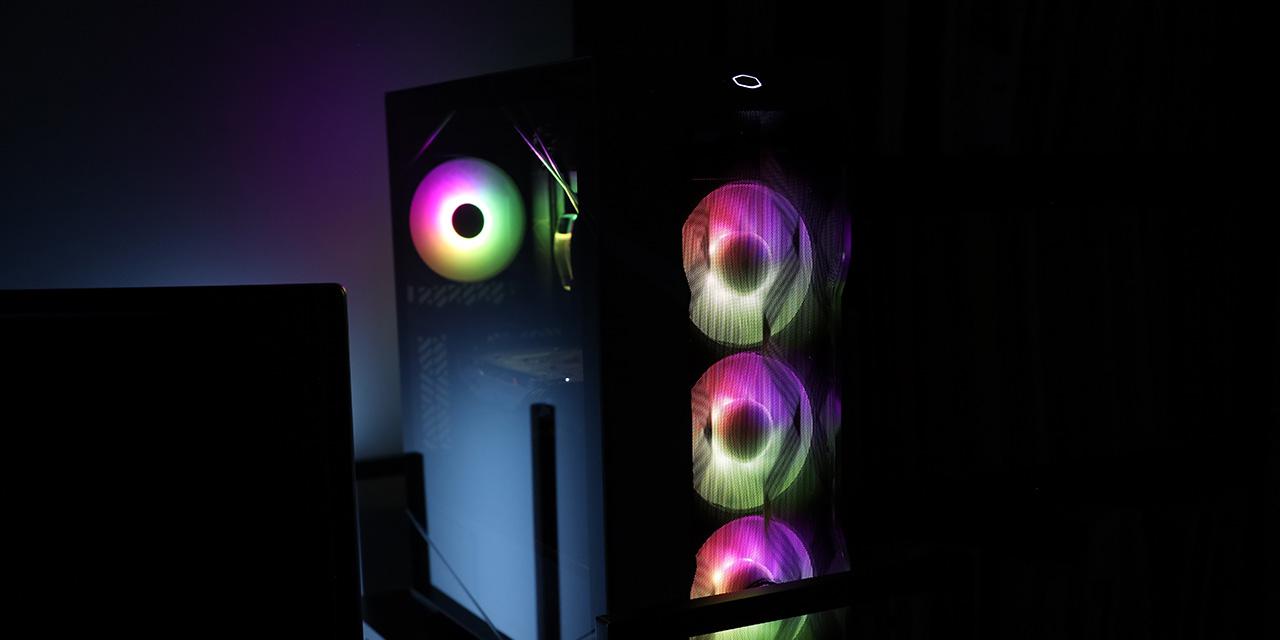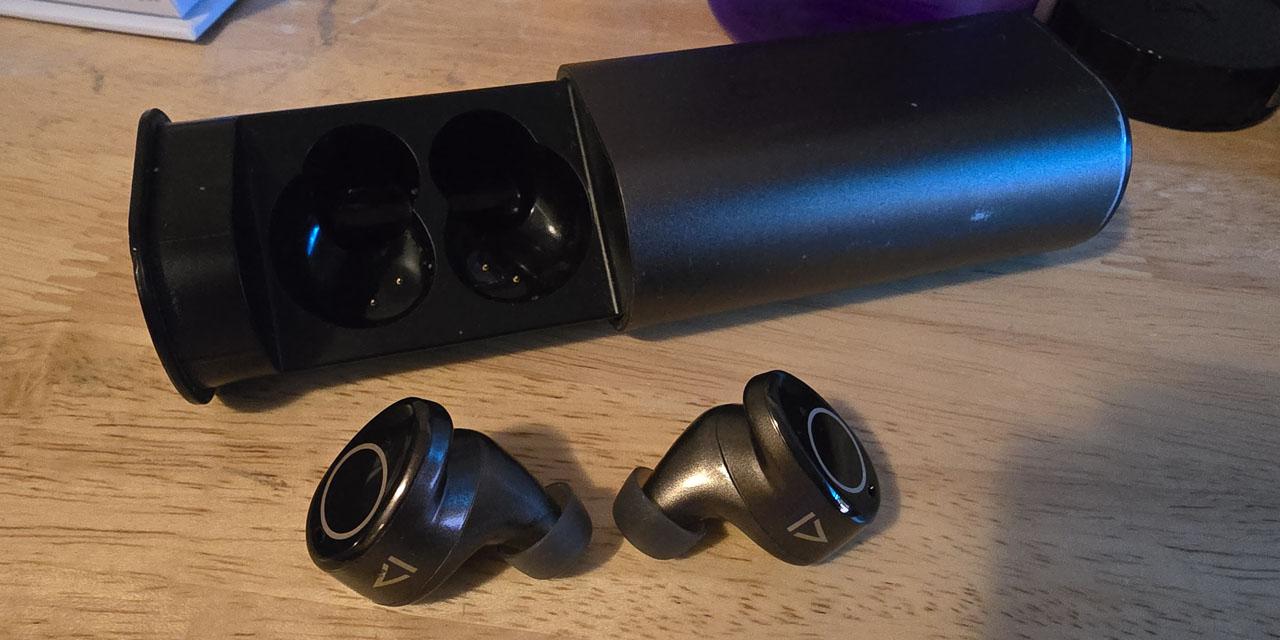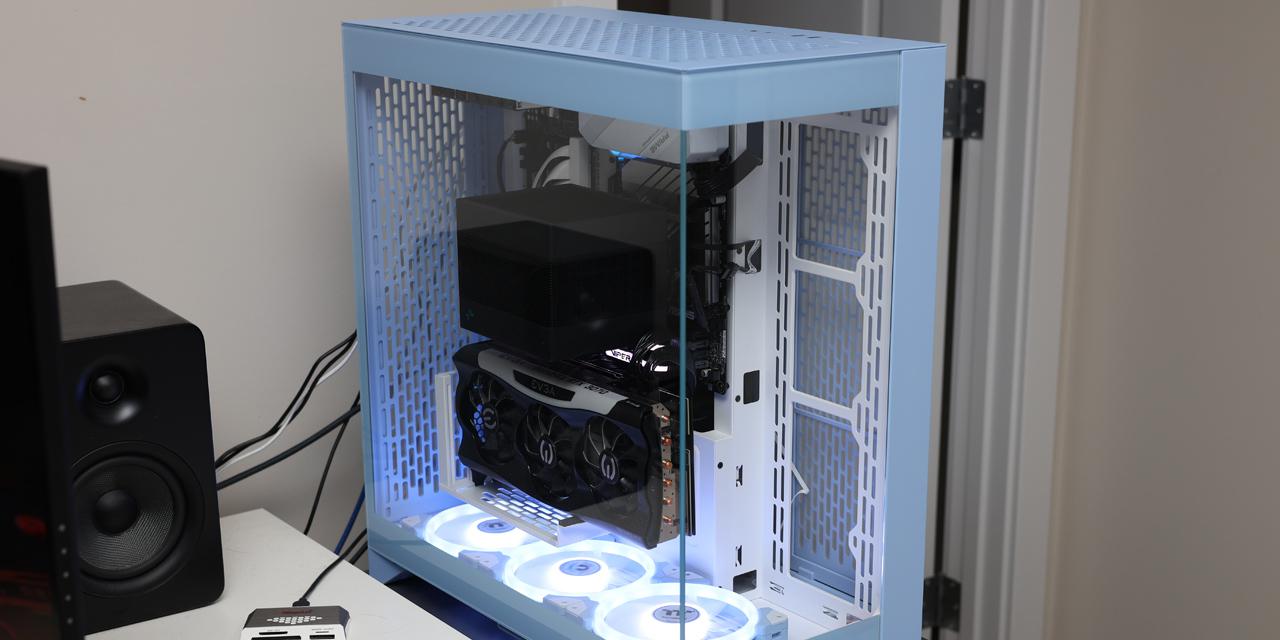From DailyTech: Google's Android operating system offers a high level of software customization in smartphones, but Google wants users to be able to customize smartphone hardware as well.
According to TIME, Google could have a modular smartphone in the hands of customers by early 2015, which would allow them to piece together speakers, batteries, processors and more of their choice.
Motorola initially announced Project Ara a few months ago, which is the original modular smartphone idea. But when Google sold Motorola to Lenovo in January for $2.91 billion USD, many wondered what happened to Project Ara.
As it turns out, Google kept Motorola's Advanced Technology and Projects (ATAP) group, which encompassed Project Ara.
The project is alive and well, and is run by former director of Defense Advanced Research Projects Agency (DARPA) Regina Dugan. Google has partnered with NK Labs to do the electrical, mechanical, and software engineering, and also with 3D Systems to make a high-speed 3D printer for Ara endoskeleton production.
TIME spoke with Paul Eremenko, head of Project Ara, who confirmed some details behind the new modular smartphones.
Google plans to sell an endoskeleton for $50, which would simply act as a structural frame for the other components. Made of an aluminum frame, the endoskeleton will come in three sizes: mini, medium and jumbo. They will also have networking circuitry, a back-up battery, module connectors and Wi-Fi (they won't come with a cellular connection).
From there, users can put their phones together by selecting a display, keyboard, processor, camera, etc., which connect to the endoskeleton via the module connectors.
"We want not just to create something that's custom, and not even just something that's unique, but actually something that's expressive so that people can use this as a canvas to tell a story," said Eremenko. "So that you can set your phone down at dinner on the table next to you, and it becomes a topic of conversation for the first fifteen minutes of dinner."
The idea is to let users swap out modules as they malfunction, or when upgrades become available. The phone doesn't need to be shut off in order to do so, and users will be able to do the swaps themselves.
Google said a functional prototype should be ready in weeks, and should be available to customers early next year.
Google and Motorola aren't the first to produce a modular smartphone. The now-defunct Modu launched the world's lightest phone -- the Modu 1 -- in mid-2008.
Back in October 2013, Project Ara partnered with PhoneBloks creator Dave Hakken for the project.
View: Article @ Source Site
